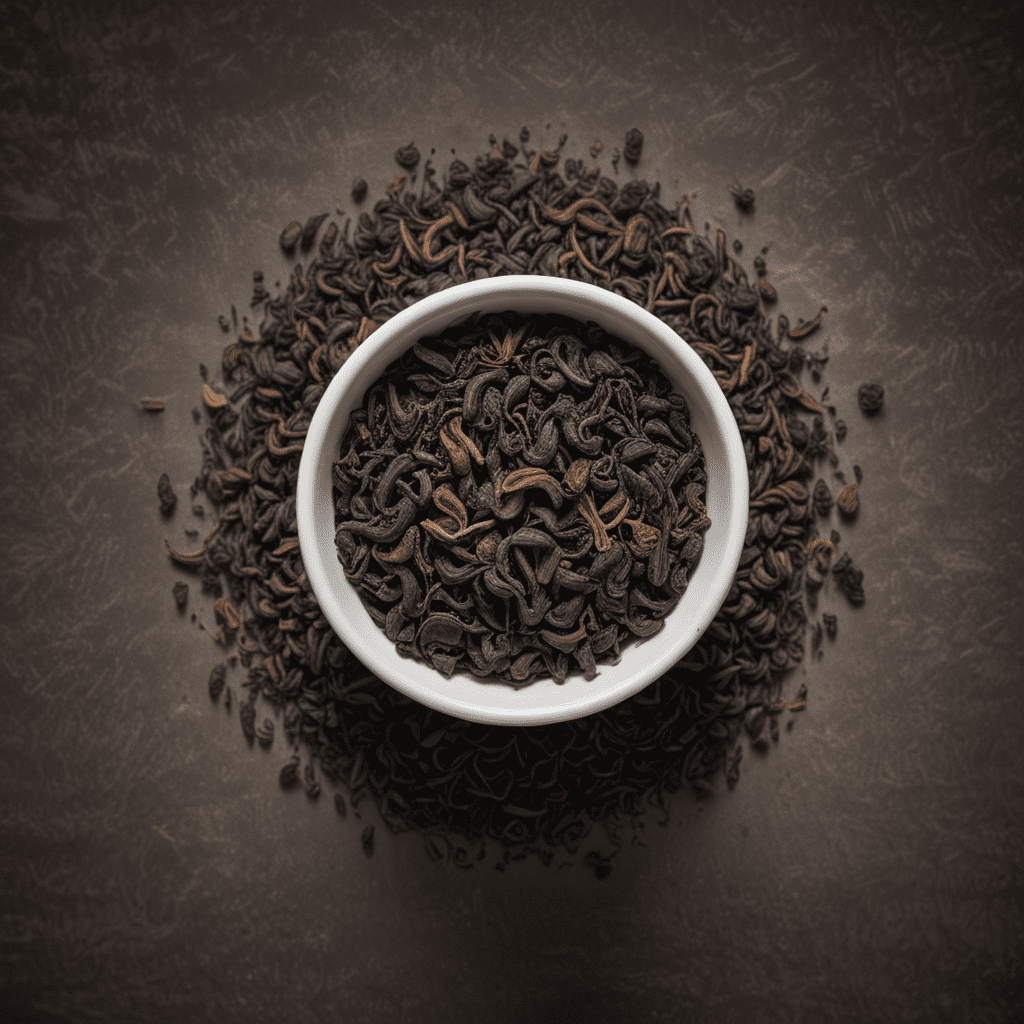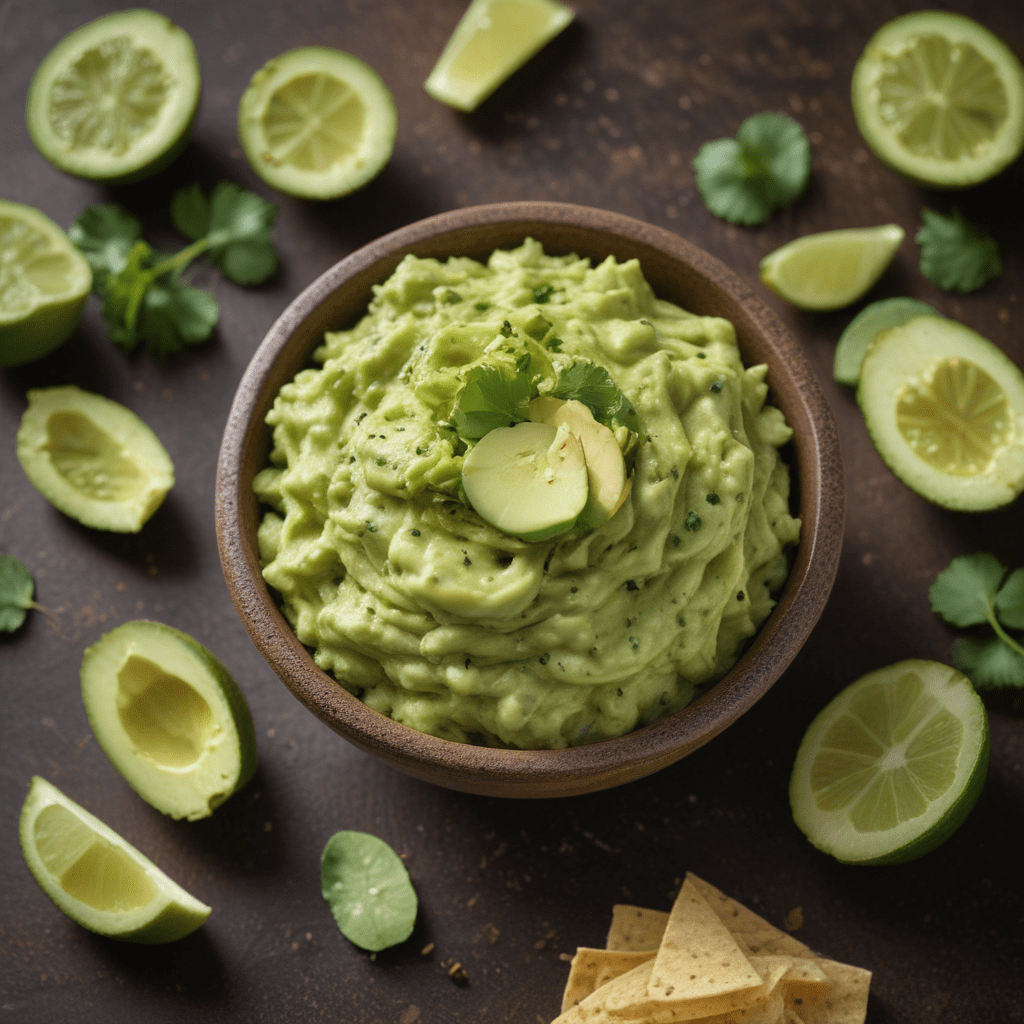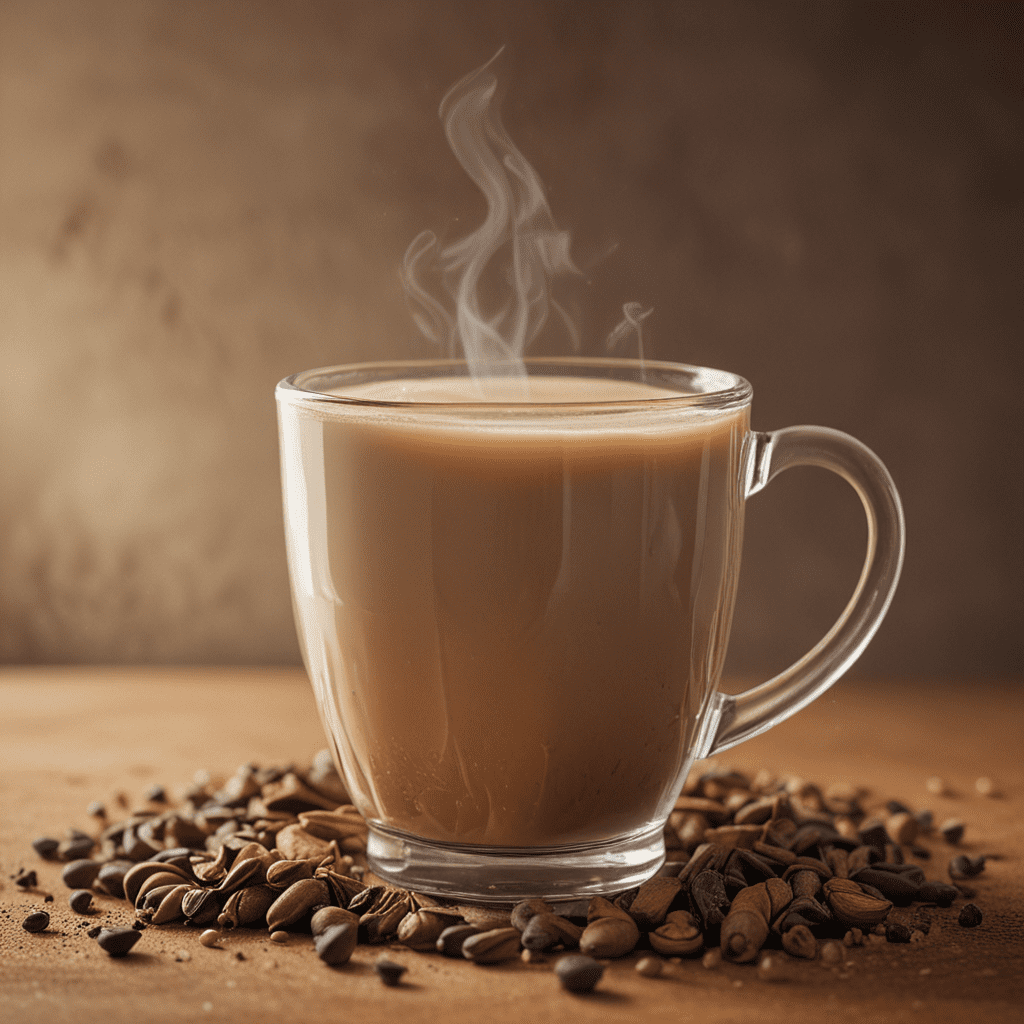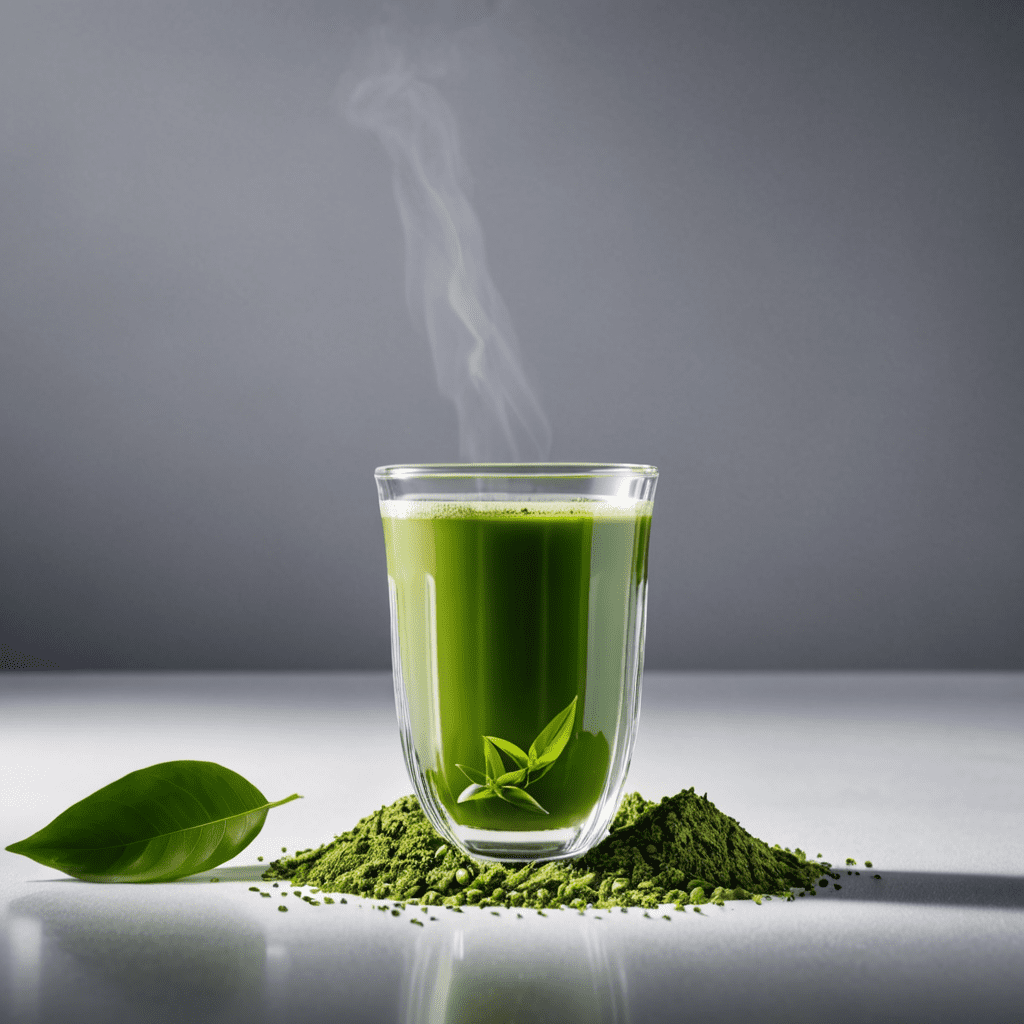
Ceylon Black Tea: A Rich and Bold Flavor Profile
1. Introduction
Ceylon black tea is a renowned variety of black tea originating from the tropical island of Sri Lanka, formerly known as Ceylon. It is a popular choice among tea enthusiasts due to its distinctive flavor profile characterized by its rich, malty taste and bold aroma.
2. Regions of Production
Ceylon black tea is primarily cultivated in the central highlands of Sri Lanka, where the rolling hills and temperate climate provide ideal conditions for tea growth. The main tea-growing regions include Kandy, Nuwara Eliya, and Dimbula, each producing teas with unique flavor nuances.
3. Production Process
The production of Ceylon black tea involves meticulous steps to ensure its superior quality. After harvesting, the tea leaves undergo a process called withering, where they are exposed to air to reduce moisture content. They are then rolled to break down the cell walls and release their essential oils, contributing to the tea's flavor. Finally, the leaves are oxidized, or fermented, to develop their characteristic black color and complex flavors.
4. Characteristics of Ceylon Black Tea
Ceylon black tea is known for its distinctive organoleptic properties:
a. Aroma:
It possesses a rich, malty aroma with hints of spice and chocolate.
b. Flavor:
The taste of Ceylon black tea is full-bodied and robust, with notes of malt, spice, and a hint of citrus.
c. Color:
The brewed liquor of Ceylon black tea is typically a deep, reddish-brown color.
d. Body:
It has a medium to full body, providing a satisfying mouthfeel.
6. Health Benefits
Ceylon black tea offers an impressive array of health benefits attributed to its high concentration of antioxidants and polyphenols.
Antioxidants:
Ceylon black tea is particularly abundant in theaflavins and thearubigins, potent antioxidants known for protecting cells from damage by free radicals, potentially mitigating the risk of chronic diseases like cancer.
Heart Health:
Studies suggest that regular consumption of Ceylon black tea may support cardiovascular health by improving blood vessel function, lowering LDL cholesterol (bad cholesterol), and reducing the risk of heart attack and stroke.
Other Health Benefits:
Beyond its antioxidant and heart benefits, Ceylon black tea may provide additional benefits, including:
- Boosting immunity
- Improving brain function
- Regulating blood sugar
7. Brewing Methods
To fully appreciate the flavors of Ceylon black tea, it is essential to follow appropriate brewing techniques to extract its optimal essence.
a. Hot Brewing:
For traditional hot brewing of Ceylon black tea, use 1 teaspoon of loose-leaf tea or a tea bag per cup (6-8 oz.) of freshly drawn water heated to 195-205°F (just before a full boil). Allow the tea leaves to steep for 3-5 minutes, depending on desired strength. Remove the tea bag or strain loose leaves before pouring.
b. Cold Brewing:
Cold brewing is another method that yields a smoother, less astringent iced tea. Combine 3-4 tablespoons of loose-leaf Ceylon black tea with 4 cups of cold, filtered water in a pitcher or large jar. Refrigerate for 12-24 hours. Strain before drinking.
8. Pairing with Food
The bold flavors of Ceylon black tea can complement a wide array of foods.
Complementary Flavors:
Its malty and slightly spicy notes pair well with dishes featuring earthy, nutty, or spicy flavors. Consider serving Ceylon black tea with roasted meats, hearty soups or stews, grilled vegetables, or spicy curries.
Food and Tea Combinations:
Some classic food and Ceylon black tea combinations to explore include:
- Toast and butter: The richness of the tea balances the simplicity of buttered toast.
- Scones with clotted cream: Traditional British afternoon tea.
- Chocolate: Ceylon tea's malty notes enhance the cocoa flavors in chocolates.
9. Cultural Significance
Ceylon black tea is deeply ingrained in Sri Lankan culture, where the daily tea break known as "tea-poy" holds a prominent role. Tea estates are integral to local communities, providing employment, contributing to the economy, and showcasing traditional tea-processing techniques to visitors from around the world.
10. Conclusion
Ceylon black tea stands as a testament to Sri Lanka's rich tea culture and the exceptional quality it produces. With its distinctive flavor, health benefits, and culinary versatility, this tea continues to captivate tea aficionados and inspire new generations.
Frequently Asked Questions
- What type of tea plant is used for Ceylon black tea?
- Camellia sinensis
- Is the withering process essential for producing Ceylon black tea?
-Yes. Withering helps release the natural flavor compounds within the tea leaves.
- Can you oversteep Ceylon black tea?
-Yes. Oversteeping may result in a more bitter and astringent tea.
- Is there caffeine in Ceylon black tea?
- Yes. However, its caffeine content is lower than that of coffee, making it a suitable beverage for tea enthusiasts seeking a moderate caffeine boost.


